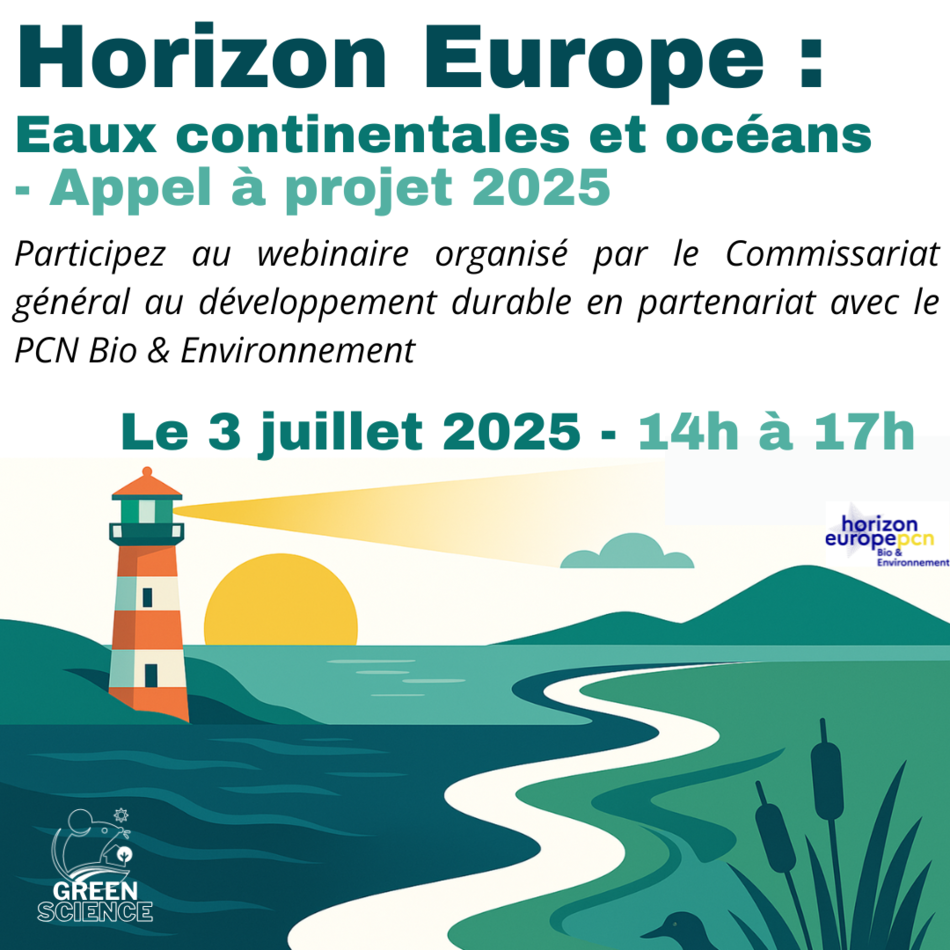ExpectedOutcome:
Projects are expected to contribute to the following outcomes:
- Develop “XR made in Europe”, contributing to technological sovereignty.
- Contribute to develop virtual worlds European platforms.
- Support the use of XR technologies for a sustainable, human-centric and resilient European industry[1].
Scope:
The following two types of innovation proposals are expected.
- i. The development of XR applications to support companies in all industrial ecosystems, especially SMEs, to use innovative interactive and immersive technologies, increasing their competitiveness, productivity, efficiency and human-centricity. The applications should be robust, gender-neutral safe and trustworthy, especially in terms of cybersecurity, privacy and health issues. Proposals should exploit cross fertilisation between academics, industry representatives and end-users around well thought-out scenarios. Moreover, proposals should include activities to showcase the results, widely disseminating and exploiting the outcomes.
At least one proposal of innovation Type I will be funded.
- ii. The creation of a European reference platform aiming to develop and prototype advanced interoperable XR solutions to solve common challenges encountered by the industry (in areas such as assembly, maintenance, remote operation, training, design, logistics, etc.), placing the wellbeing of workers at the centre of the production process. The platform will be populated with third party-projects exploring a wide range of XR technologies and taking benefit of other emerging technologies (such as 5G/6G, IoT, data, artificial intelligence, edge and cloud computing, and microelectronics). In order to facilitate the integration with existing IT systems and policies, the EU XR platform for industry should prioritize XR content, tools and solutions based on open standards, such as OpenXR and WebXR. The solutions provided by the platform should aim to cover as many industry ecosystems as possible. Involvement of end-users is essential in defining specifications and testing.
Only one proposal will be funded for innovation Type II.
Financial support to third parties
The type ii innovation action should provide financial support to third-party projects from outstanding XR innovators, SMEs and other multidisciplinary actors through a minimum of three open calls during the lifetime of the project.
As support and mobilising of XR innovators is key to the type ii IA of this topic, a minimum of 60% of the total requested EU contribution should be allocated to financial support to the third parties. Proposals should define a coherent and coordinated programme logic for the third-party projects, offering the necessary technical support, coaching and mentoring, to ensure a significant advancement and impact in the innovation domain, including in terms of interoperability and standardisation. These tasks should be financed outside of the minimum allocated share for financial support to third parties.
Proposals should make explicit the intervention logic for the area and their potential to attract relevant top XR talents and to deliver a solid value-added to the third-party projects. Proposals should also prove the expertise and capacity of the consortium in managing the full life-cycle of the open calls transparently and efficiently.
The Commission considers that proposals with an overall duration of typically 36 months would allow these outcomes to be addressed appropriately. Nonetheless, this does not preclude submission and selection of proposals requesting other durations.
Third parties in type ii should be funded through projects typically in the EUR 250 000 to 500 000 range per project, with indicative duration of 12 to 15 months.
This topic requires the effective contribution of SSH disciplines and the involvement of SSH experts, institutions as well as the inclusion of relevant SSH expertise, in order to produce meaningful and significant effects enhancing the societal impact of the related research activities.
Specific Topic Conditions:
Activities are expected to start at TRL 4 and achieve TRL 7-8 by the end of the project – see General Annex B.
[1]The term industry in this context encompasses all ecosystems defined in the European industrial strategy





